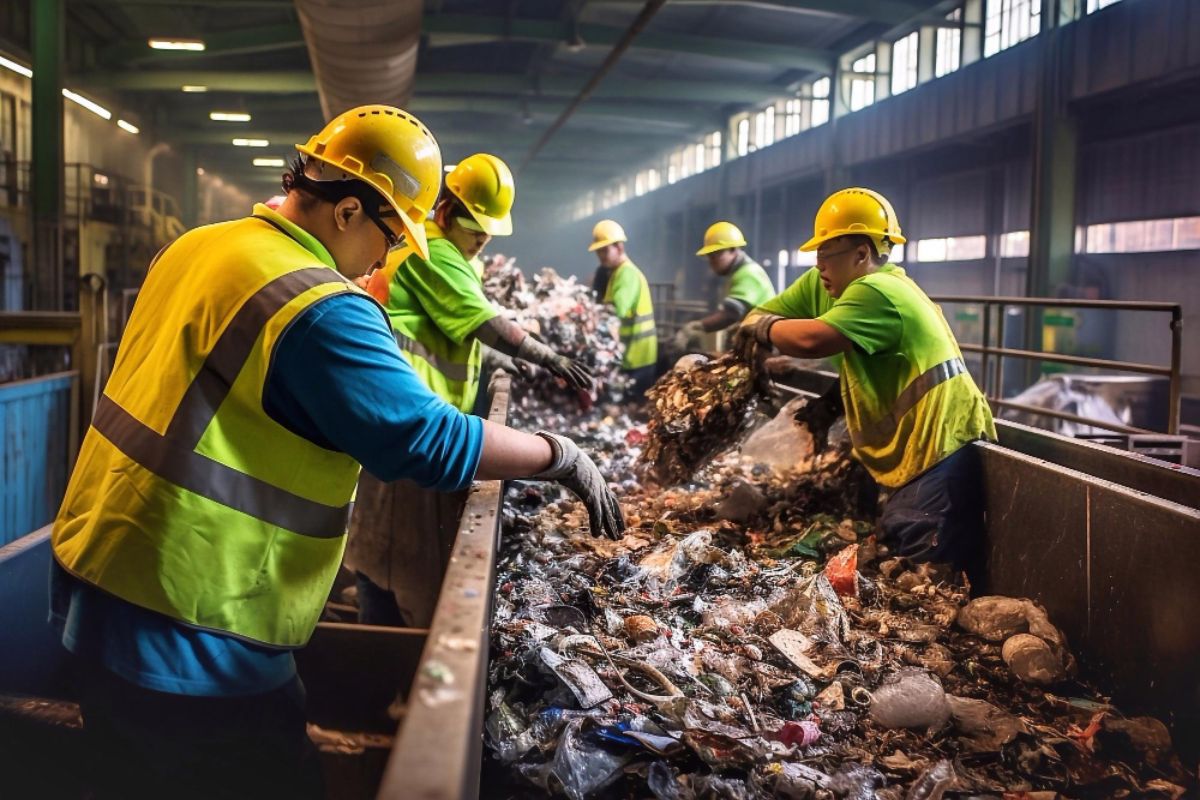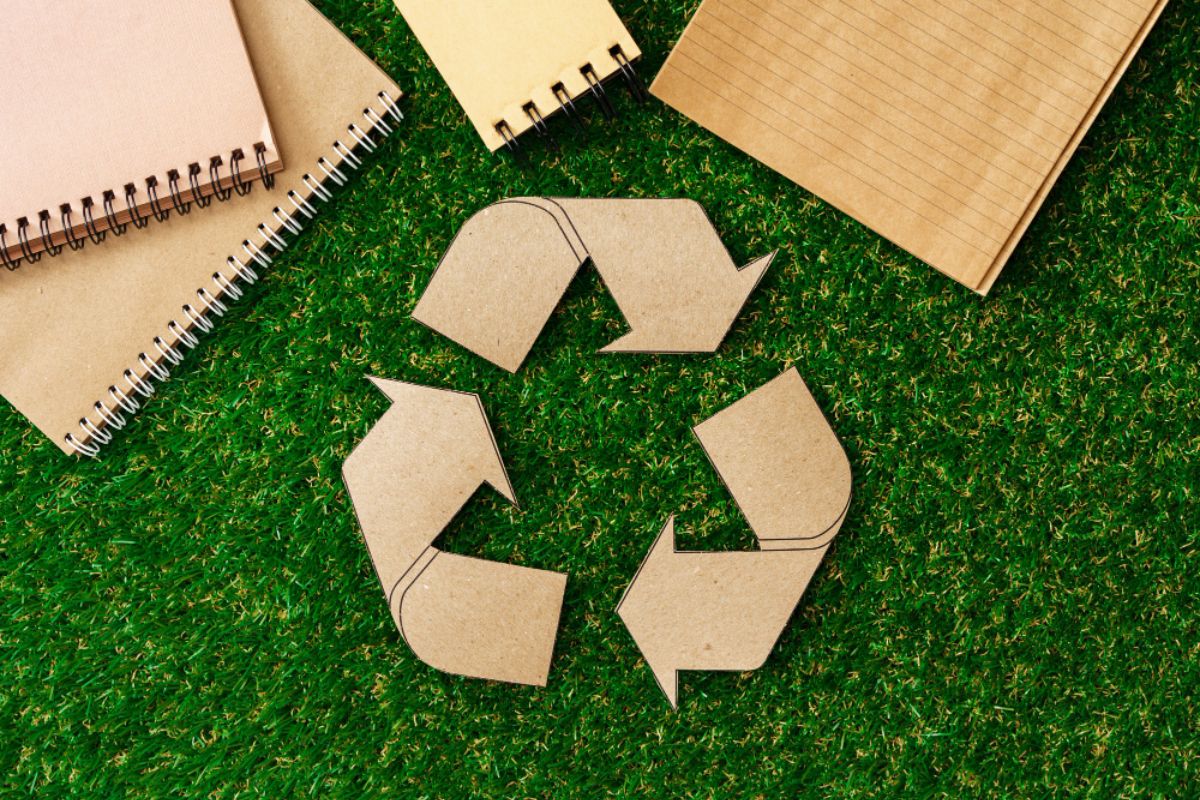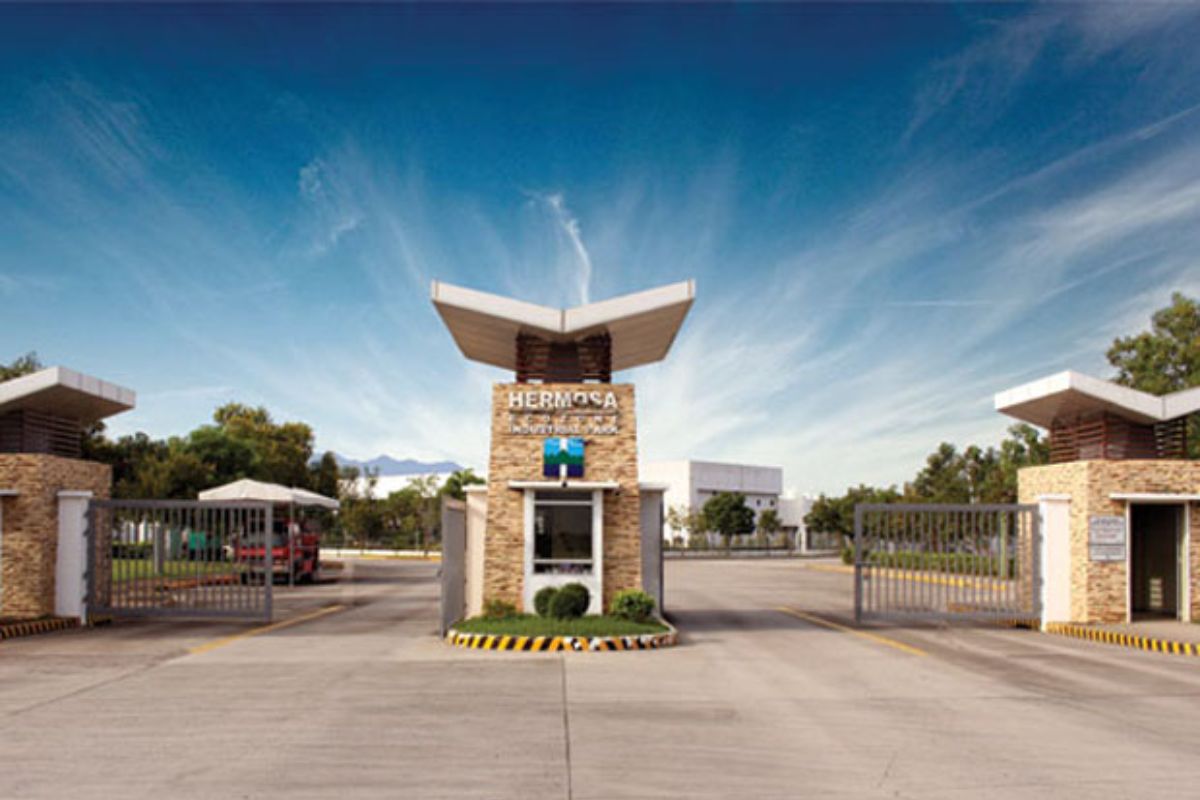What are the best waste management practices in industrial parks?
- Waste Management Facilities
- Reduce, Reuse, Recycle
- Collaboration and Knowledge Sharing
- Investment in Green Technologies
- Compliance and Monitoring
Overview
- The article delves into the crucial role of waste management practices in industrial parks. It emphasizes the importance of implementing strategic waste management plans to uphold environmental health and operational efficiency.
- These practices not only safeguard the environment but also contribute to the long-term sustainability and prosperity of industrial operations within the park.
As industries evolve, environmental stewardship becomes increasingly paramount. Industrial parks, home to numerous factories, are significant waste generators. Implementing a strategic waste management plan is imperative for maintaining cleanliness and environmental health within these parks. Various waste management approaches exist, each differing in efficacy and cost-effectiveness, thus impacting both environmental sustainability and financial outcomes for the companies involved.
In this article, we will explore the best waste management practices in industrial parks. Prioritizing excellence in waste management not only safeguards the environment but also contributes to the long-term sustainability and prosperity of industrial operations.
At Science Park of the Philippines, we are committed to equipping our locators and prospective investors with the necessary knowledge to align with our sustainability objectives and contribute to a brighter future. Keep reading to learn more.
Waste Management Facilities
Waste management facilities offer a centralized location for waste disposal, facilitating efficient collection, sorting, and processing of various types of waste generated within the industrial park. This centralized approach minimizes the need for individual businesses to manage their waste independently, reducing duplication of efforts and overall costs.
It’s ideal for these facilities to incorporate advanced technologies and processes for sorting, recycling, and treating different types of waste. This allows for the extraction of valuable materials like metals and plastics, fostering resource preservation and embracing circular economy practices.
Furthermore, they adhere to strict environmental regulations and standards, ensuring proper handling and disposal of hazardous materials while minimizing environmental impact. They may also offer services such as waste-to-energy conversion, which can help mitigate the environmental footprint of industrial activities by generating renewable energy from waste.
Reduce, Reuse, Recycle

The 3R approach offers a holistic and effective waste management strategy for industrial parks, aligning economic efficiency with environmental sustainability goals. By implementing these practices, industrial parks can mitigate environmental impacts, conserve resources, and enhance their overall operational efficiency.
Reduce emphasizes minimizing waste generation at the source, which is crucial for industrial parks to decrease their environmental footprint and operational costs. By adopting lean manufacturing principles and efficient production processes, industries can optimize resource use and reduce unnecessary waste.
Reuse encourages the utilization of products and materials multiple times, thus extending their lifecycle and reducing the demand for new resources. In industrial parks, implementing reuse strategies such as refurbishing equipment, pallets, and packaging materials not only reduces waste but also saves money and conserves valuable resources.
Finally, recycling promotes the recovery and conversion of waste materials into new products or raw materials. Industrial parks can establish recycling programs for various materials like plastics, metals, and paper, diverting them from landfills and reducing environmental pollution. Recycling also contributes to the circular economy by closing the loop on resource utilization and minimizing the extraction of virgin materials.
Collaboration and Knowledge Sharing
Collaboration in waste management is pivotal. It unites companies, local authorities, and waste experts, pooling resources and ideas to address waste comprehensively, from reduction to recycling.
This extends beyond mere cooperation; it involves active engagement in various forums and seminars where stakeholders exchange insights and strategies. These platforms serve as avenues for sharing best practices, discussing challenges, and exploring innovative solutions.
For instance, locators in industrial parks can participate in waste management conferences, workshops, and industry associations dedicated to sustainability. By leveraging these opportunities, parks can gain valuable knowledge, forge partnerships, and stay abreast of emerging trends. This proactive engagement fosters a culture of continuous improvement and ensures that waste management practices evolve in line with industry advancements and regulatory requirements.
Investment in Green Technologies

Industrial parks can improve environmental impact and achieve cost savings by investing in green waste management technologies. Solutions like waste-to-energy systems, recycling facilities, and advanced wastewater treatment plants reduce carbon footprint and emissions.
Though initial costs are higher, operational efficiency and resource conservation lead to long-term financial benefits. Switching to renewable energy sources like solar or wind power cuts energy costs and reliance on fossil fuels, benefiting both the environment and the bottom line.
Compliance and Monitoring
Effective waste management in industrial parks relies on compliance and monitoring. Firstly, enforcing environmental regulations ensures sustainable operations by minimizing the park’s environmental impact. Proactive monitoring of waste generation and disposal identifies inefficiencies, enabling waste reduction, reuse, and recycling strategies.
Beyond practical benefits, compliance and monitoring foster a culture of environmental responsibility, encouraging sustainable behavior and corporate social responsibility. This collaborative approach contributes to a greener future for both individual companies and the park as a whole.
Key Takeaway
These best waste management practices in industrial parks are essential for protecting the environment, safeguarding public health, saving businesses, conserving resources, and complying with regulations. By implementing these practices, industrial parks can become more sustainable and responsible members of the community.
Partner with Science Park of the Philippines (SPPI) for sustainable industrial growth. Our outstanding initiatives, resources, and infrastructure empower your business to thrive while minimizing environmental impact. Ready to make a difference? Contact SPPI today and let’s build a greener tomorrow for your business.



